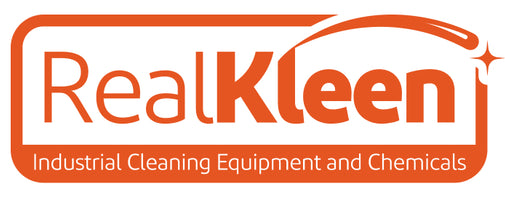
Is Sodium Hypochlorite Safe for Pressure Washing? | Complete Guide 2024
Pressure washing has become a popular method for cleaning various surfaces, from driveways and patios to house exteriors and roofs. One of the chemicals often discussed in the context of pressure washing is sodium hypochlorite. But is sodium hypochlorite good for pressure washing?
In this article, we will explore what sodium hypochlorite is, its benefits and drawbacks, and how to use it safely with a pressure washer.
What is Sodium Hypochlorite?
Sodium hypochlorite is a chemical compound commonly known as bleach. It is widely used in household cleaning products and industrial applications due to its powerful disinfectant properties. When dissolved in water, it forms a solution that can effectively kill bacteria, viruses, fungi, and algae.
Benefits of Using Sodium Hypochlorite in Pressure Washing
Effective Cleaning Agent
One of the primary reasons why sodium hypochlorite is favoured for pressure washing is its effectiveness as a cleaning agent. It can break down stubborn stains, mould, mildew, and algae on various surfaces such as concrete, wood, and vinyl siding. This makes it an excellent choice for restoring the appearance of outdoor areas.
Disinfecting Properties
In addition to its cleaning capabilities, sodium hypochlorite also has strong disinfecting properties. This makes it ideal for sanitising surfaces that may harbour harmful microorganisms. For instance, using a hypochlorite pressure washer solution can help keep your patio or driveway free from bacteria and other pathogens.
Cost-Effective
Sodium hypochlorite is relatively inexpensive compared to other specialised cleaning agents. This makes it an economical choice for large-scale cleaning projects where cost-effectiveness is crucial.
Drawbacks of Using Sodium Hypochlorite in Pressure Washing
Potential Damage to Surfaces
While sodium hypochlorite is effective at removing stains and disinfecting surfaces, it can also be harsh on certain materials. Prolonged exposure or high concentrations can cause discolouration or damage to wood, metal, and painted surfaces. Therefore, it's essential to use the correct dilution ratio when preparing your hypochlorite pressure washer solution.
Environmental Concerns
Sodium hypochlorite can have adverse effects on the environment if not used responsibly. Runoff containing high concentrations of bleach can harm plants and aquatic life. It's crucial to ensure that any runoff from your pressure washing activities does not enter storm drains or water bodies.
Health Risks
Exposure to sodium hypochlorite can pose health risks such as skin irritation, respiratory issues, and eye damage. Proper protective gear including gloves, goggles, and masks should be worn when handling this chemical.
How to Use Sodium Hypochlorite Safely with a Pressure Washer
Proper Dilution Ratios
To minimise potential damage to surfaces and reduce environmental impact, it's important to dilute sodium hypochlorite correctly before using it in your pressure washer. A common dilution ratio for general cleaning purposes is one part sodium hypochlorite (5-6% concentration) to ten parts water.
Pre-Wetting Surfaces
Before applying the diluted solution with your pressure washer, pre-wet the surface you intend to clean with plain water. This helps prevent the bleach from being absorbed too quickly by porous materials like wood or concrete.
Controlled Application
Apply the diluted solution evenly across the surface using low-pressure settings on your pressure washer. Allow it to sit for 10-15 minutes but do not let it dry out completely as this could lead to streaking or discolouration.
Thorough Rinsing
After allowing sufficient dwell time for the solution to work its magic on dirt and stains, rinse thoroughly with clean water using high-pressure settings on your washer until no residue remains.
Alternatives to Sodium Hypochlorite
If you're concerned about potential drawbacks associated with using sodium hypochlorite in your pressure washer but still want effective results:
- Biodegradable Detergents: These are eco-friendly alternatives that are less harsh on surfaces while still providing good cleaning power.
- Vinegar: A natural disinfectant that works well on mouldy areas without posing significant environmental risks.
- Oxygen Bleach: A safer alternative that breaks down into oxygen and water upon contact with organic matter; effective yet gentle compared against traditional chlorine-based bleaches like sodium hypochlorite.
Contact RealKleen
Looking for a pressure washer or pressure washer solution? Then contact us at RealKleen. We have over 40 years’ experience, provide quick and professional pressure washer servicing and repairs, and pride ourselves on our exceptional customer service.

